Brasília, August 31- Brazil has imposed a ban on the social media platform X (formerly known as Twitter) after it failed to appoint a legal representative in the country within the given deadline. Supreme Court Justice Alexandre de Moraes issued the order for the immediate and complete suspension of the platform on Friday, as reported by the BBC. The ban will remain in effect until X complies with all court orders and pays any outstanding fines.
According to Brazilian law, all internet companies must have a legal representative in the country to ensure compliance with local regulations. However, X recently removed its legal representative from Brazil, prompting the Supreme Court's intervention. The platform, owned by billionaire Elon Musk, claimed that Justice Moraes had threatened to arrest their representative, which led to the withdrawal.
The conflict between X and Brazil's judiciary dates back to April this year, when Justice Moraes ordered the closure of several X accounts for disseminating false information. This sparked a controversy in Brazil, with Musk accusing the judge of behaving in an "arbitrary and dictatorial" manner. In a post on X, Musk called Moraes "a heinous criminal masquerading as a judge" and accused him of undermining democracy for political purposes.
Despite being given a 24-hour deadline to appoint a new legal representative starting at 8 pm local time on Thursday, X did not comply with the order. As a result, Justice Moraes has also instructed tech giants like Apple and Google to remove X from their app stores within five days and prevent its use on iOS and Android systems.
Additionally, any individual or business attempting to access X through a VPN could face a fine of approximately 9,000 US dollars.
This is not the first time Elon Musk has faced regulatory challenges over X. Last month, he had a dispute with the European Union over content moderation policies on the platform, and he also had a public disagreement with British Prime Minister Sir Keir Starmer.
The situation in Brazil continues to develop as the government and judiciary enforce strict measures to ensure compliance with local laws by global internet platforms.



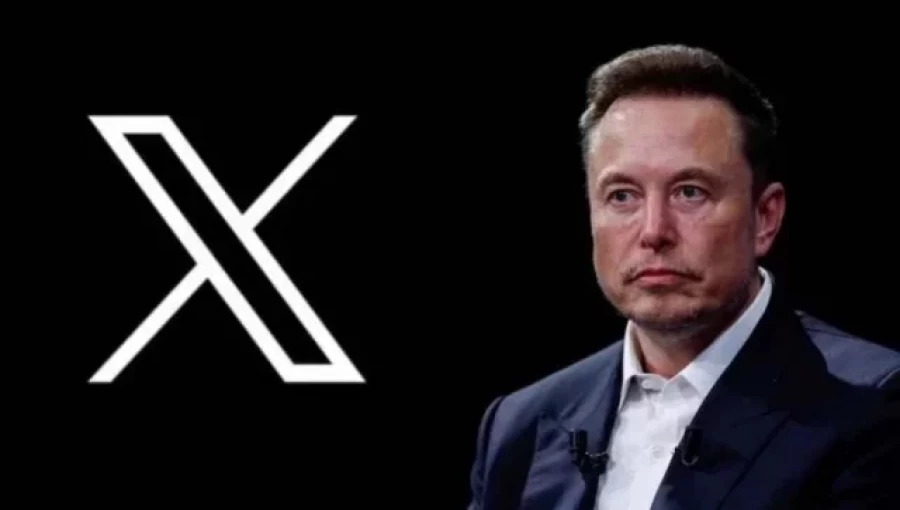


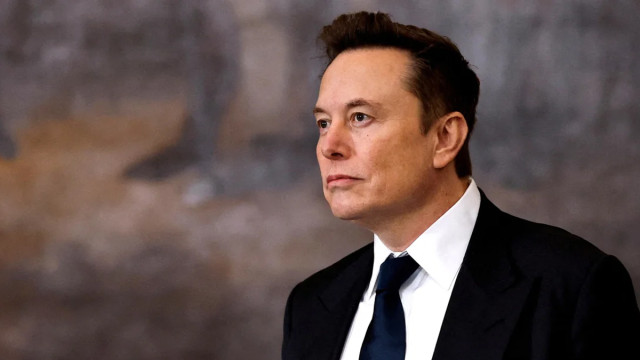


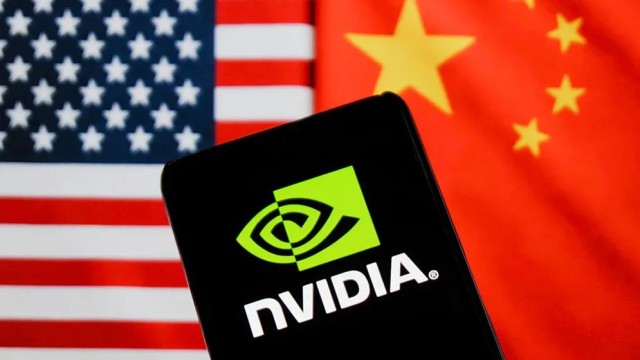



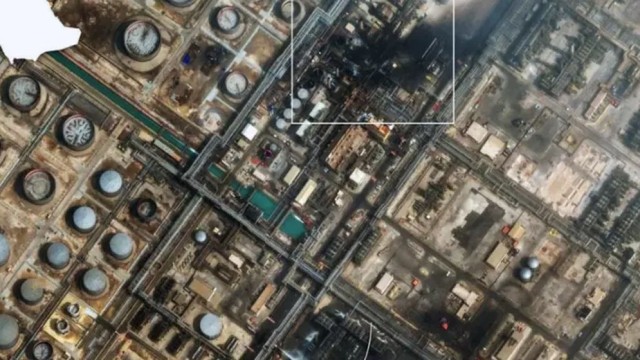

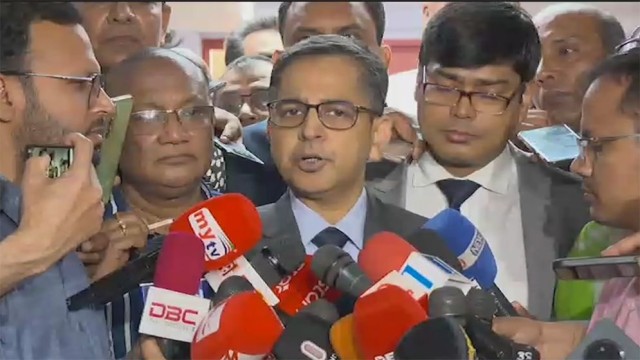
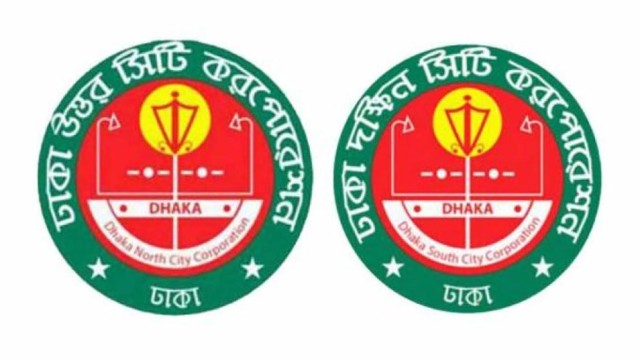
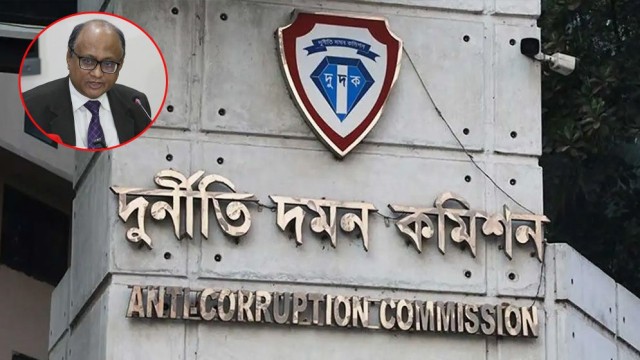













Comment: